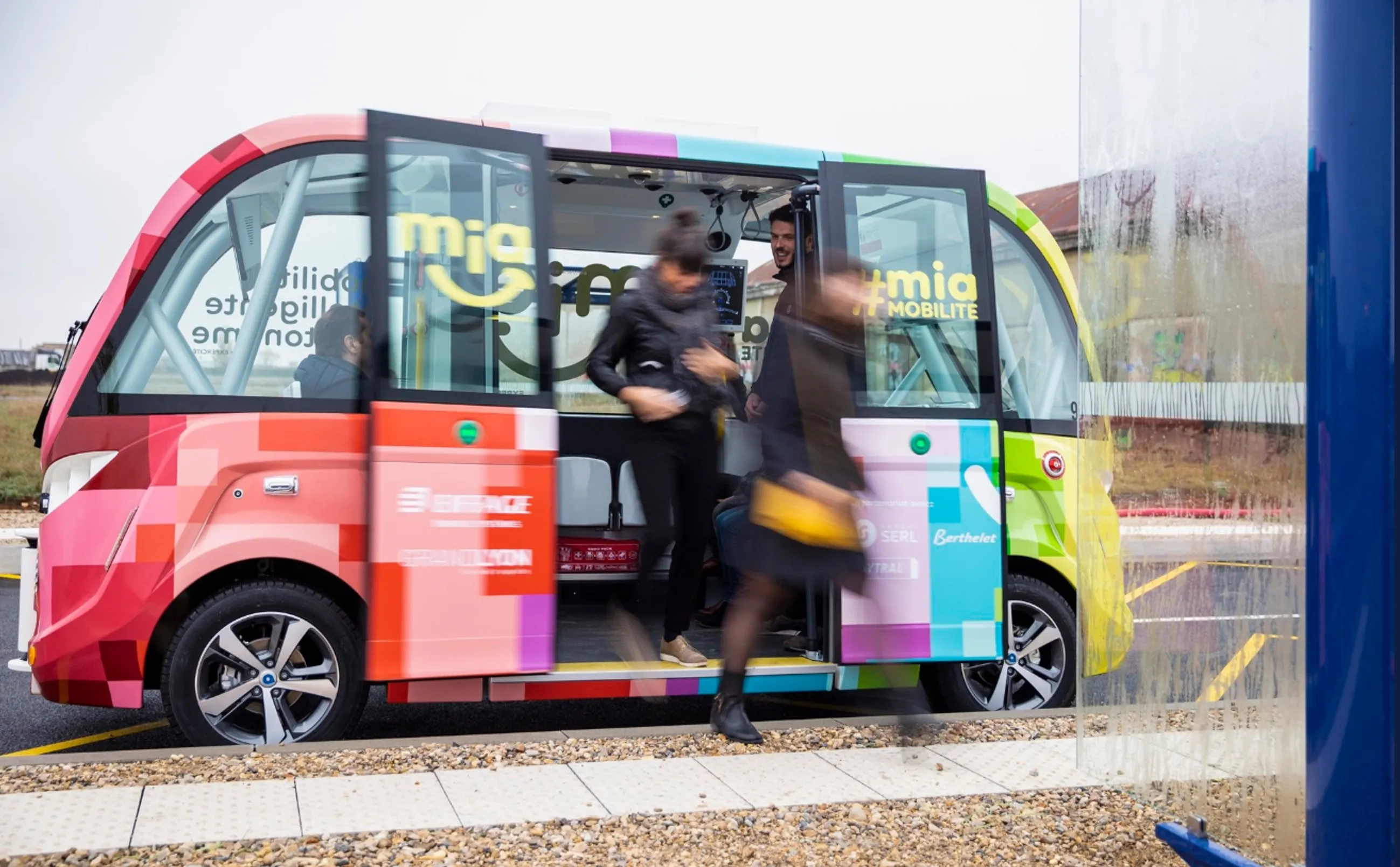After seventeen years and more than US$11 billion (10 billion euros), Europe’s Galileo satellite navigation system is set to go live today, 15 December.
Initial services offered free of charge by Galileo include support to emergency services. Anyone placing a distress call from a Galileo-enabled beacon can now be found and rescued more quickly, since the detection time will be reduced to only 10 minutes. This service should be later improved by notifying the sender of the emergency call that he/she has
December 15, 2016
Read time: 2 mins
After seventeen years and more than US$11 billion (10 billion euros), Europe’s Galileo satellite navigation system is set to go live today, 15 December.
Initial services offered free of charge by Galileo include support to emergency services. Anyone placing a distress call from a Galileo-enabled beacon can now be found and rescued more quickly, since the detection time will be reduced to only 10 minutes. This service should be later improved by notifying the sender of the emergency call that he/she has been located and help is underway.
Galileo will offer a free mass-market service for positioning, navigation and timing for Galileo-enabled chipsets in smartphones or in car navigation systems. Some smartphones are already Galileo-enabled and by 2018 Galileo will found in every new model of vehicle sold in Europe, providing enhanced navigation services to a range of devices as well as enabling the eCall emergency response system.
Galileo will also support public authorities such as civil protection services, humanitarian aid services, customs officers and the police, providing a fully encrypted service for government users during national emergencies or crisis situations, such as terrorist attacks, to ensure continuity of services.
Galileo is Europe's Global Satellite Navigation System. It provides a range of state-of-the-art positioning, navigation and timing services to users worldwide. Galileo is fully interoperable with GPS, but will offer more accurate and reliable positioning for end users.
At the moment, the Galileo constellation consists of 18 satellites, all of which are already in orbit. The full constellation foresees a total of 30 satellites and is expected to be completed by 2020.
In the coming years, new satellites will be launched to enlarge the Galileo constellation, which will gradually improve Galileo availability worldwide. The constellation is expected to be completed by 2020 when Galileo will reach full operational capacity.
Initial services offered free of charge by Galileo include support to emergency services. Anyone placing a distress call from a Galileo-enabled beacon can now be found and rescued more quickly, since the detection time will be reduced to only 10 minutes. This service should be later improved by notifying the sender of the emergency call that he/she has been located and help is underway.
Galileo will offer a free mass-market service for positioning, navigation and timing for Galileo-enabled chipsets in smartphones or in car navigation systems. Some smartphones are already Galileo-enabled and by 2018 Galileo will found in every new model of vehicle sold in Europe, providing enhanced navigation services to a range of devices as well as enabling the eCall emergency response system.
Galileo will also support public authorities such as civil protection services, humanitarian aid services, customs officers and the police, providing a fully encrypted service for government users during national emergencies or crisis situations, such as terrorist attacks, to ensure continuity of services.
Galileo is Europe's Global Satellite Navigation System. It provides a range of state-of-the-art positioning, navigation and timing services to users worldwide. Galileo is fully interoperable with GPS, but will offer more accurate and reliable positioning for end users.
At the moment, the Galileo constellation consists of 18 satellites, all of which are already in orbit. The full constellation foresees a total of 30 satellites and is expected to be completed by 2020.
In the coming years, new satellites will be launched to enlarge the Galileo constellation, which will gradually improve Galileo availability worldwide. The constellation is expected to be completed by 2020 when Galileo will reach full operational capacity.










